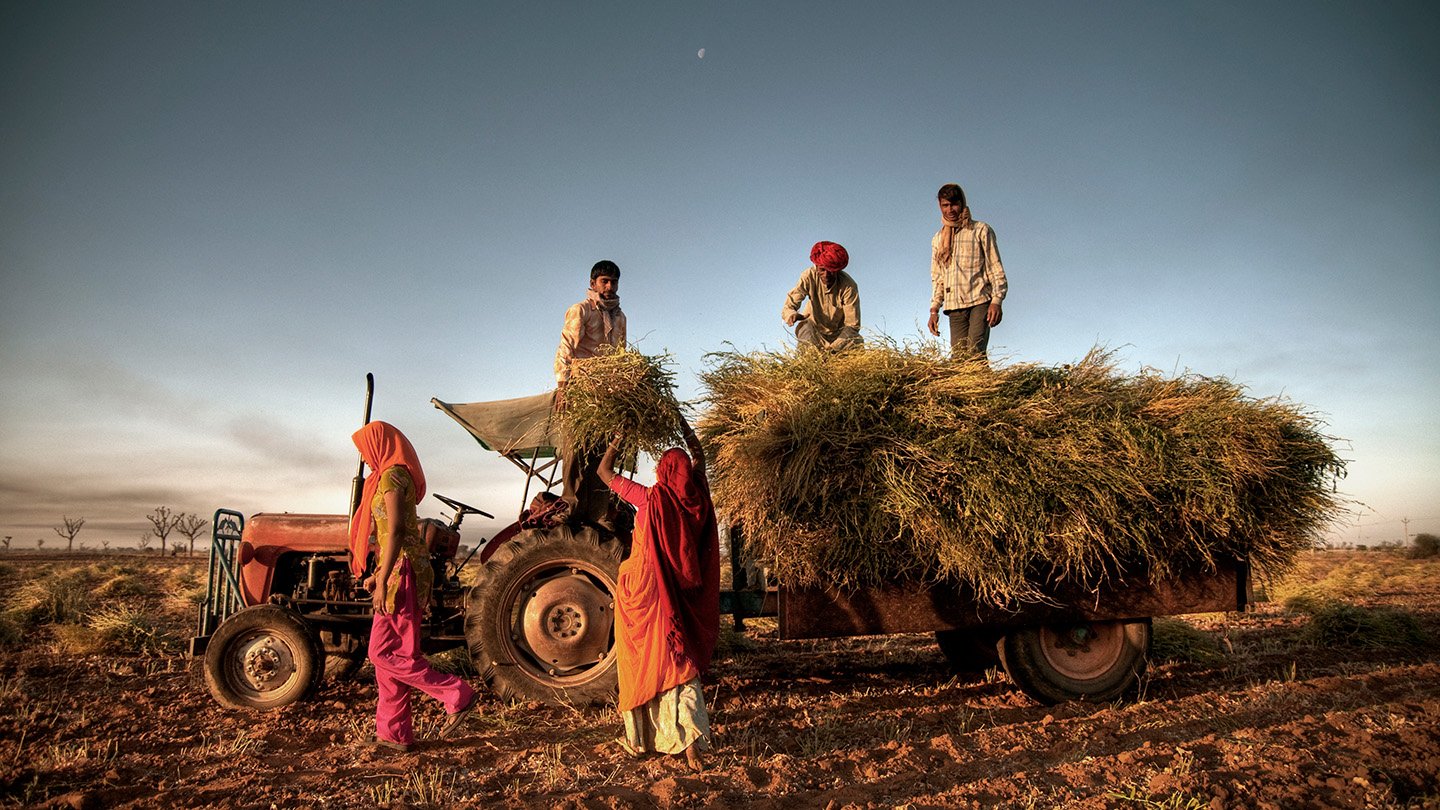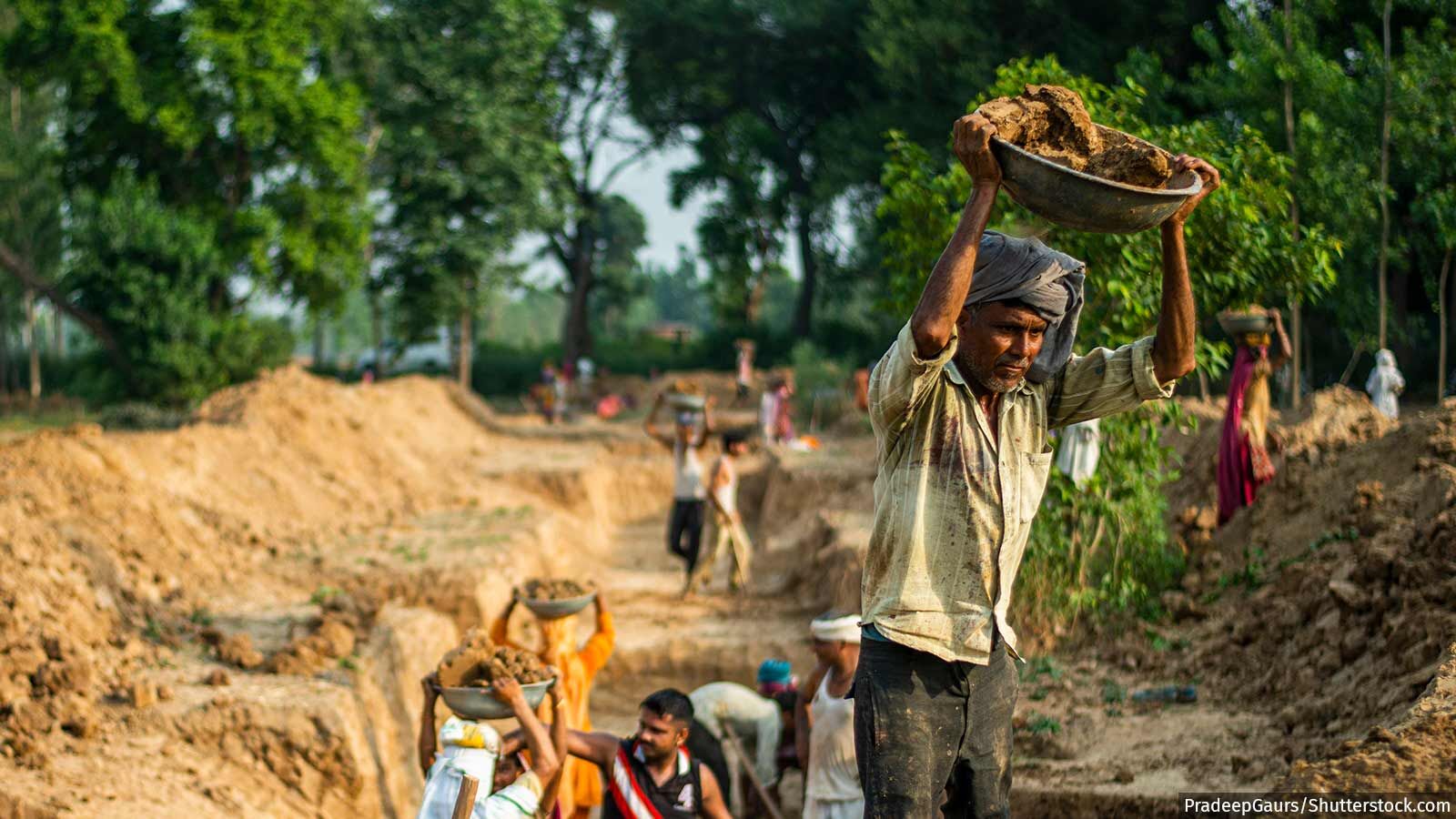No Extra Funds for Rural Jobs Scheme for Now 2023

No Extra Funds for Rural Jobs Scheme for Now 2023
The Mahatma Gandhi National Rural Employment Guarantee Scheme (MGNREGS) has already used over three-quarters of its budget, and demand is still relatively high. Hence, the government will unlikely allocate more money for the programme soon.
When the total budget is reviewed in November to determine the revised projections, a review of the financial requirement for the programme will be done, according to an official source.
For MNREGS in FY24, the Centre has allocated Rs 46,074 crore or around 77% of the budget projection of Rs 60,000 crore.
The amount spent/released as of August 18 was Rs 50,893 crore, or 97% of the money available to the rural development ministry, as opposed to the availability of Rs 52,439 crore (including some writeback of funds from the prior year).

According to ministry data, from April to July 2023, the work completed was consistently 9% less than required.
In June, 33.7 million families demanded jobs, but only 30.6 million were able to get employment. In July, 23.4 million more people than the number of families found work. According to data collected up to August 18, only half of the 1.5 million households that wanted a career received it under the programme.
The Ministry of Rural Development recently informed Parliament that, as of August 4, 2023, further funding under MNREGS had yet to be requested from the Ministry of Finance.
MGNREGS is a demand-driven wage employment programme where states submit requests for funding release to the federal government. The rural development ministry periodically releases funds in two tranches, each of which consists of one or more instalments, while taking into account the “agreed to” Labour Budget, the demand for projects, the opening balance, the rate at which funds are being used, outstanding liabilities, overall performance, and the States’ submission of the necessary paperwork.

According to the Direct Benefit Transfer protocol through the National Electronic Fund Management System, the Central Government pays wages for unskilled components directly into the beneficiaries’ bank or post office accounts. The scheme gives money for material members to the State Treasury.
Through the material head, states are required to compensate skilled and semi-skilled labour.
In 2023, the government made a critical decision not to allocate additional funding to the rural job scheme, officially known as the Mahatma Gandhi National Rural Employment Guarantee Scheme (MGNREGS) in India.
Introduced in 2005, MGNREGS aims to provide at least 100 days of wage employment in a financial year to every rural household that demands work.
The decision to halt extra funds has ignited various discussions, considering that the scheme has been a lifeline for many rural families. This article delves into the implications and analysis of this decision.
In 2023, despite the constant demand for an increase in allocation due to the economic after-effects of the COVID-19 pandemic and an ever-growing demand for rural jobs, the government has maintained its stance on not increasing the funds for MGNREGS.
The allocated budget remains at the same level as in previous years, which has been criticized by various stakeholders who view this as insufficient.
MGNREGS is not just a rural employment scheme but a social security measure that aims to enhance livelihood security in rural areas. It is based on the “right to work” principle, making it legally binding for the government to employ those seeking it under this scheme. The program has the potential to serve multiple ends: alleviation of poverty, hunger, and unemployment.
With no increase in funding, the number of days of employment that can be offered may likely remain limited. Given the rising unemployment and poverty exacerbated by the COVID-19 pandemic, this lack of additional funding will likely contribute to further rural distress.
Inadequate funds for MGNREGS may force rural inhabitants to migrate to urban areas for employment. This could lead to overburdened urban infrastructure and increased slum populations.
The wages under MGNREGS have been a critical tool for supporting rural income and consumption. A freeze in funding might mean stagnant wages, which, when coupled with inflation, effectively results in a wage cut for millions of rural workers.
MGNREGS also funds critical environmental projects like afforestation, water conservation, and drought-proofing. Lack of additional funds could slow down these projects, which have long-term environmental and social benefits.
While the situation appears grim, some argue that maintaining the funding at existing levels is fiscally responsible, given the economic challenges that the country is facing. They suggest that the government is attempting to balance many needs with limited resources and that demanding additional funds for one scheme over others is inequitable.

Ensuring that the allocated funds are used efficiently, with minimal leakage and corruption, can help to stretch the available resources further.
States could be encouraged to contribute additional funds to the MGNREGS budgets in their respective regions.
Partnerships with private entities to fund and execute projects under MGNREGS could be a viable way to supplement government spending.
The decision not to allocate extra funds to MGNREGS in 2023 is a significant one with widespread implications. It throws light on the delicate balance the government must maintain between fiscal responsibility and social welfare schemes.

As the year progresses, it will be crucial to closely observe how this decision impacts the rural populace and what measures will be taken to mitigate the potential adverse outcomes.
While challenging, this situation also opens the door for innovative solutions to sustain and enhance the impact of MGNREGS without relying solely on increased government funding.




